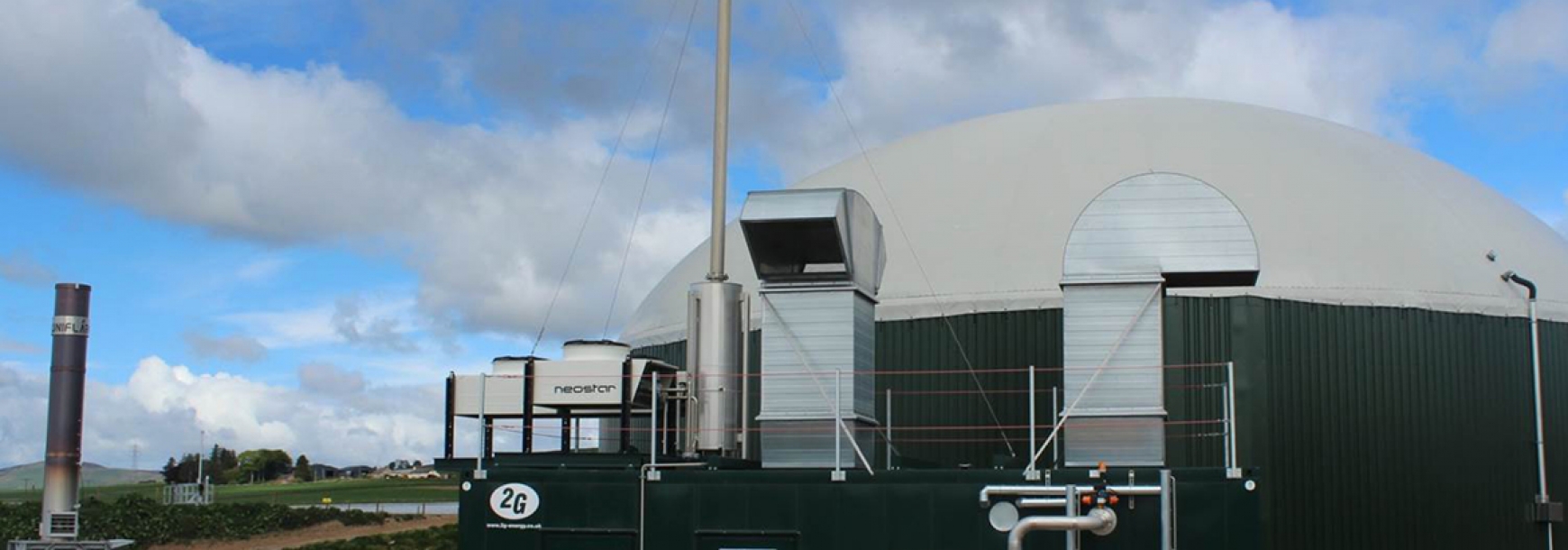In recent years, many Anaerobic Digestion (AD) plants have been built and managed under the Industrial Emissions Directive, published in 2010. However, AD plants and how they operate are now under review by the Environment Agency, which will be concluded, and new regulations introduced in August 2022. Due to the potential impact these reviews could have on existing plants, industrial feedback from the sector has been returned to The Association for Renewable Energy and Clean Technology (REA) at the end of August 2020, of which there are three overriding updates:
Containment systems and covers
The largest improvement in the sector will come from the proposed requirement of CIRIA 736 compliance, these include:
- Coverings on open digestate tanks and lagoons to ensure that odour is reduced.
- Gas emissions are to be captured and treated prior to release to the atmosphere.
- Demonstrate in your sites Environmental Management System (EMS) the effectiveness of covers, containment methods, and abatement systems on your site, including a leak detection and repair plan.
Methane monitoring requirements
Further to the above, the Environment Agency is also looking to introduce proper monitoring and recording of methane leaks from both the AD plants themselves and onsite containment systems. Emission leaks need to be prevented and continuously monitored to ensure that the plant infrastructure can be repaired when necessary and operate effectively.
Standard rule permit updates
The Environment Agency has also issued a new Regulatory Position Statement (RPS 192) in July 2020. This RPS applies if an AD standard rules permit does not specify point source emissions to air and details when operators can (subject to conditions) release emissions to air from additional points and sources than those listed in their standard rules permits, including:
- Biofilters and scrubbing systems,
- Biogas upgrading plant,
- Digestate drying plant – but only if you reduce emissions through biofilters and scrubbing systems.
RPS 192 will expire once the Environment Agency publishes the revised AD standard rules, which are expected by the end of 2020. From this point, the Environment Agency will begin reviewing and updating existing permits to ensure all currently permitted sites are compliant with the new standards.
If these are something you need assistance with, our skilled and experienced engineers are on hand to support you and help you understand which of these changes are applicable to you.
Unsure about whether your AD plant and/or subsequent biogas combustion plant(s) need a permit? Check out our previous blog: Does your AD Plant need an Environmental Permit?
If you need support with an AD site, AD permit, combustion plant permit, want to explore an end of waste feasibility study or any further advice on anything discussed in this blog, please call us on 024 7669 8899.


